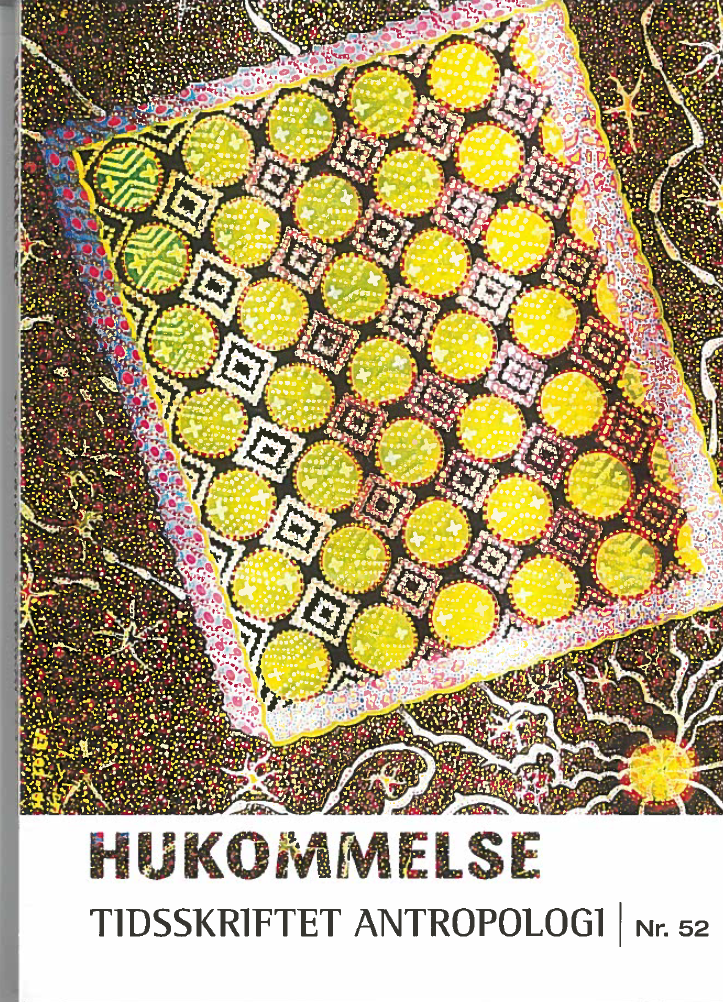Erindring om Ucayali: De historieløses historier
DOI:
https://doi.org/10.7146/ta.v0i52.27341Resumé
Hanne Veber: Memories of Ucayali. Accounts by the “People Without History”
Ucayali is a river and an Amazonian region in eastern central Peru. It is also the scene of killings and atrocities including traffic in women and children in the recent past as part of a strategy to secure indigenous labor for the rubber barons during the infamous rubber boom in the Upper Amazon in the late 19th and early 20th centuries. Based on autobiographical narratives recorded from contemporary Asháninka leaders the articlediscusses how this historical background is recalled differently in oral traditions handed down from within families from parents to their children. These narratives build exclusively on local and contextual references and appear to be functions of individual needs and interests. Hence, Asháninka memories of the Ucayali come out in the plural as discontinuous personalized accounts associated with a multitude of juxtaposed temporalities. The article considers the way these varied recollections take on meaning in the context of forging a consciousness of an indigenous collectivity based on shared experiences – real and reconstructed. Considering that the incorporation of past events into discourse is always a reformulation of the events, the author points to the ongoing efforts of the Asháninka to secure control of their own social reproduction in the face of continuing efforts by outsiders - multinational companies and national society - to appropriate Asháninka territory and socio-cultural space. As memory is forged in a dialectic between individual interests and collective strategies in response to certain needs, the constitution of shared identity and collective memory becomes both a means and a result of political activism. Taking account of the fact that the Asháninka memories refuse to homogenize into one singular “history of the oppressed”, the article points to the way Asháninka historical narratives take meaning from the structure of their telling and provide the members of the collectivity with a sense of agency. The textual structures of the narratives indeed constitute cultural encodings of the basic process of social reproduction. Through the record of things their ancestors did, the Asháninka may recognize their ability to make their own world through personal and collective action. Through remembering they take possession of their own history and through its telling they take charge of the present.
Downloads
Publiceret
Citation/Eksport
Nummer
Sektion
Licens
Ophavsretten til artiklerne i Tidsskriftet Antropologi tilfalder forfatteren.
Artikler publiceret i Tidsskriftet Antropologi må citeres, downloades og videresendes for ikke-kommerciel brug, under forudsætning af normal akademisk reference til forfatter(e) samt tidsskrift, årgang, nummer og sider. Artiklerne må kun genudgives med eksplicit tilladelse fra forfatter(e) og tidsskriftet.


